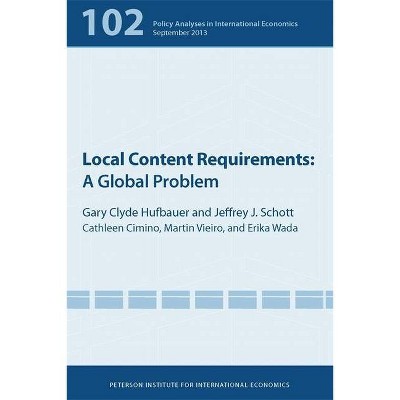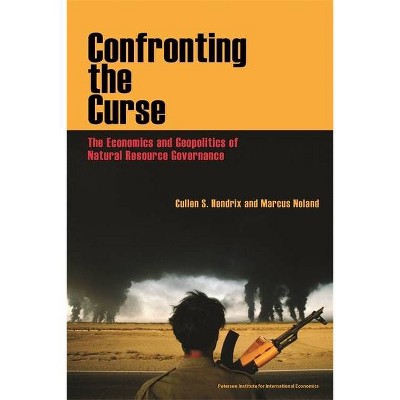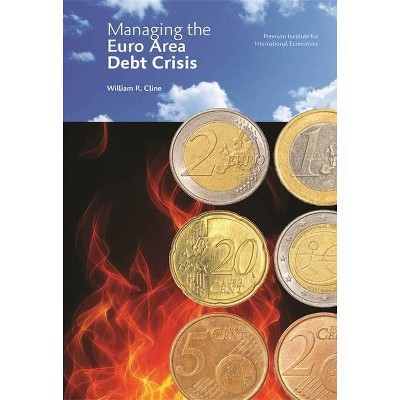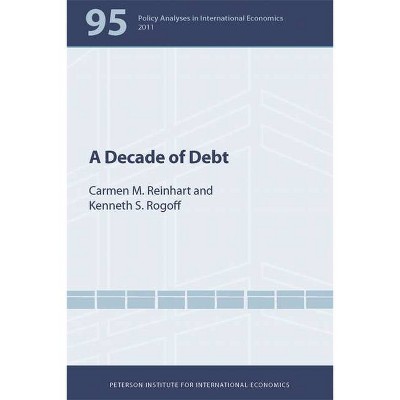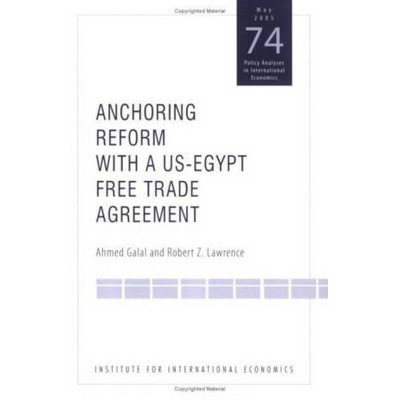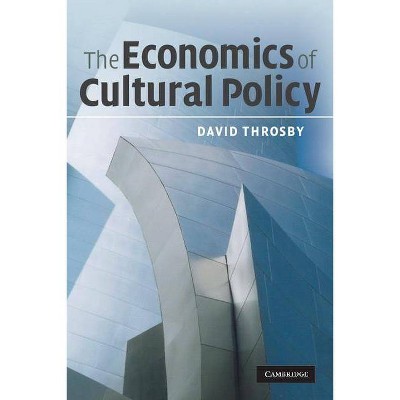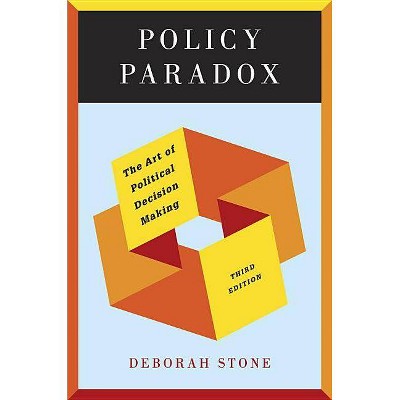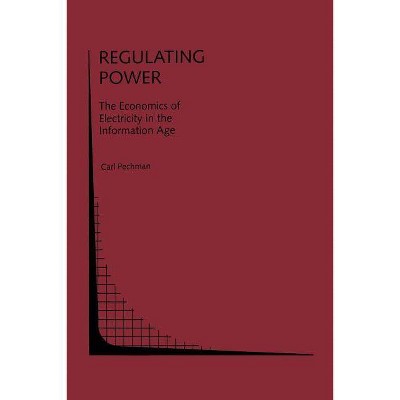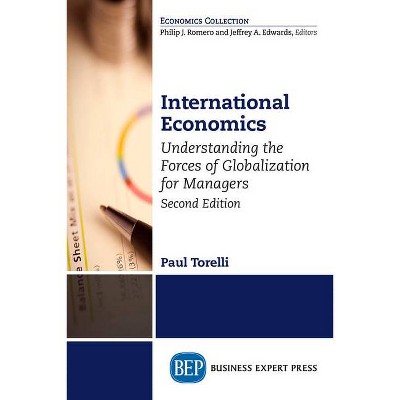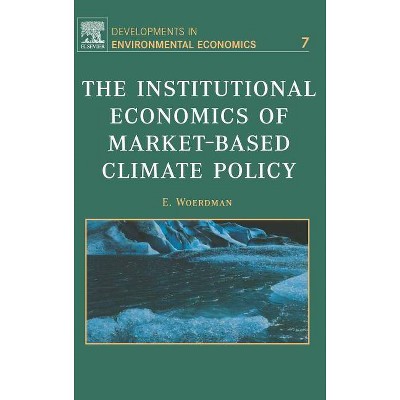The Paradox of Risk - (Policy Analyses in International Economics) by Ángel Ubide (Paperback)
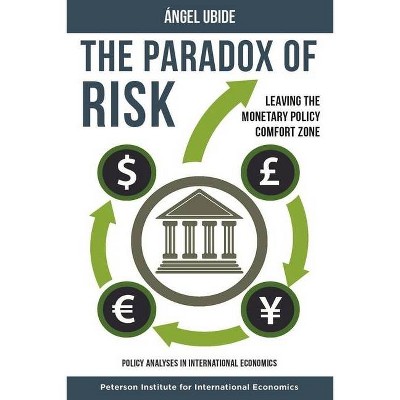
Similar Products
Products of same category from the store
AllProduct info
<p/><br></br><p><b> About the Book </b></p></br></br><i>The Paradox of Risk</i> contends that central banks' fear of inflation and risk taking has hampered their efforts to revive global prosperity. Ángel Ubide mobilizes a wealth of research on the experience from the last decade, urging policymakers to leave their "comfort zone," embrace risk taking, and take bolder action to brighten economic prospects.<p/><br></br><p><b> Book Synopsis </b></p></br></br>For decades, economic policymakers have worshipped at the altar of combating inflation, reducing public deficits, and discouraging risky behavior by investors. That mindset made them hesitate when the global financial crisis erupted in 2007-08. In the face of the worst economic disaster in 75 years, they often worried excessively about the risks and possible losses from their actions, rather than moving forcefully to support financial institutions, governments and people. Ángel Ubide's provocative thesis in <i>The Paradox of Risk </i>is that central banks' fear of inflation and risk taking has hampered their efforts to revive global prosperity. In their confusion, he argues, policymakers made the recovery weaker. He calls on world leaders to abandon old shibboleths and learn the lessons from the financial crisis and its sluggish aftermath. Ubide mobilizes a wealth of research on the experience from the last decade, urging policymakers to leave their "comfort zone," embrace risk taking, and take bolder action to brighten the world's economic prospects.<p/><br></br><p><b> About the Author </b></p></br></br>Ángel Ubide is a managing director at Goldman Sachs and former senior fellow at the Peterson Institute for International Economics.
Price History
Price Archive shows prices from various stores, lets you see history and find the cheapest. There is no actual sale on the website. For all support, inquiry and suggestion messagescommunication@pricearchive.us
